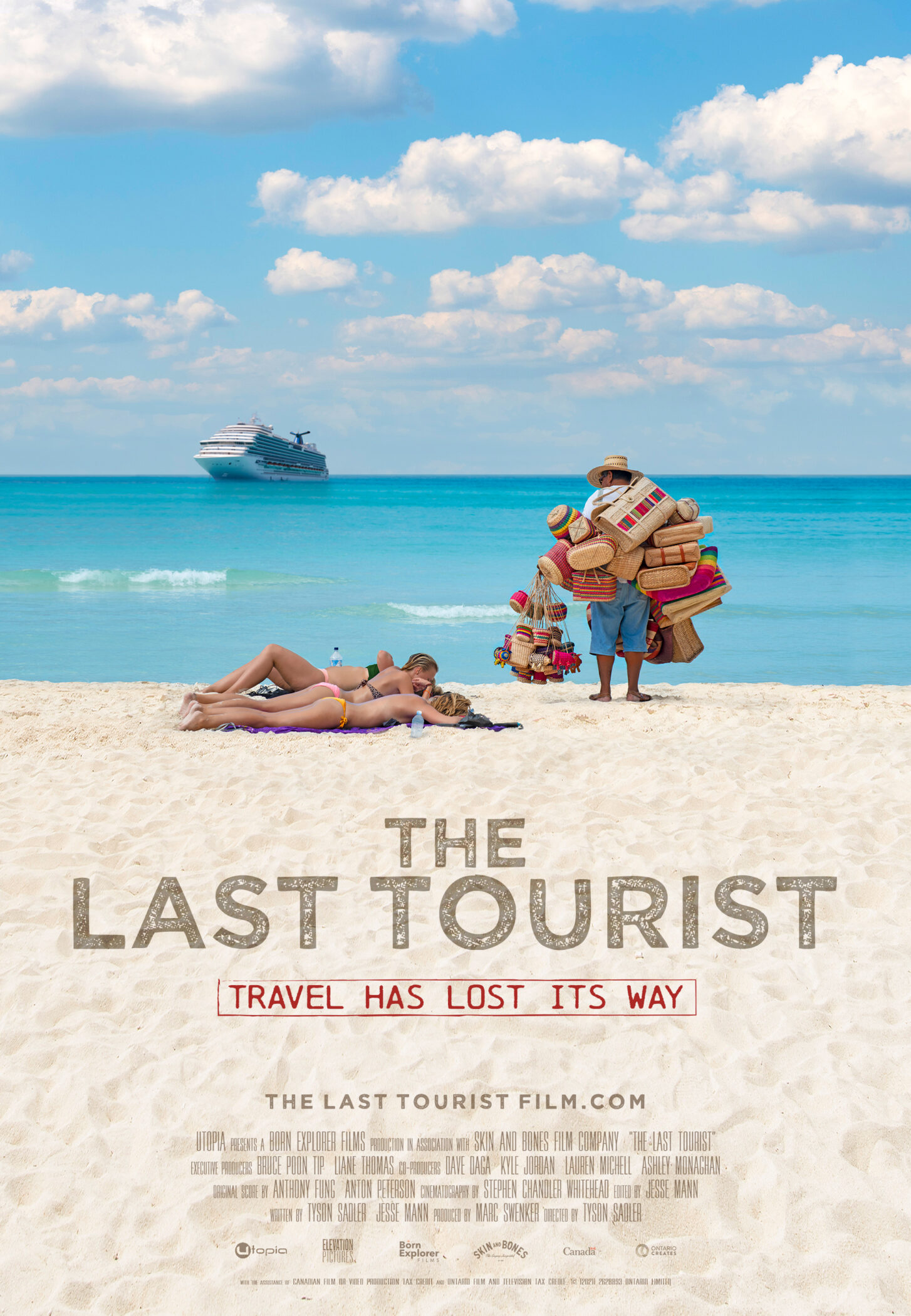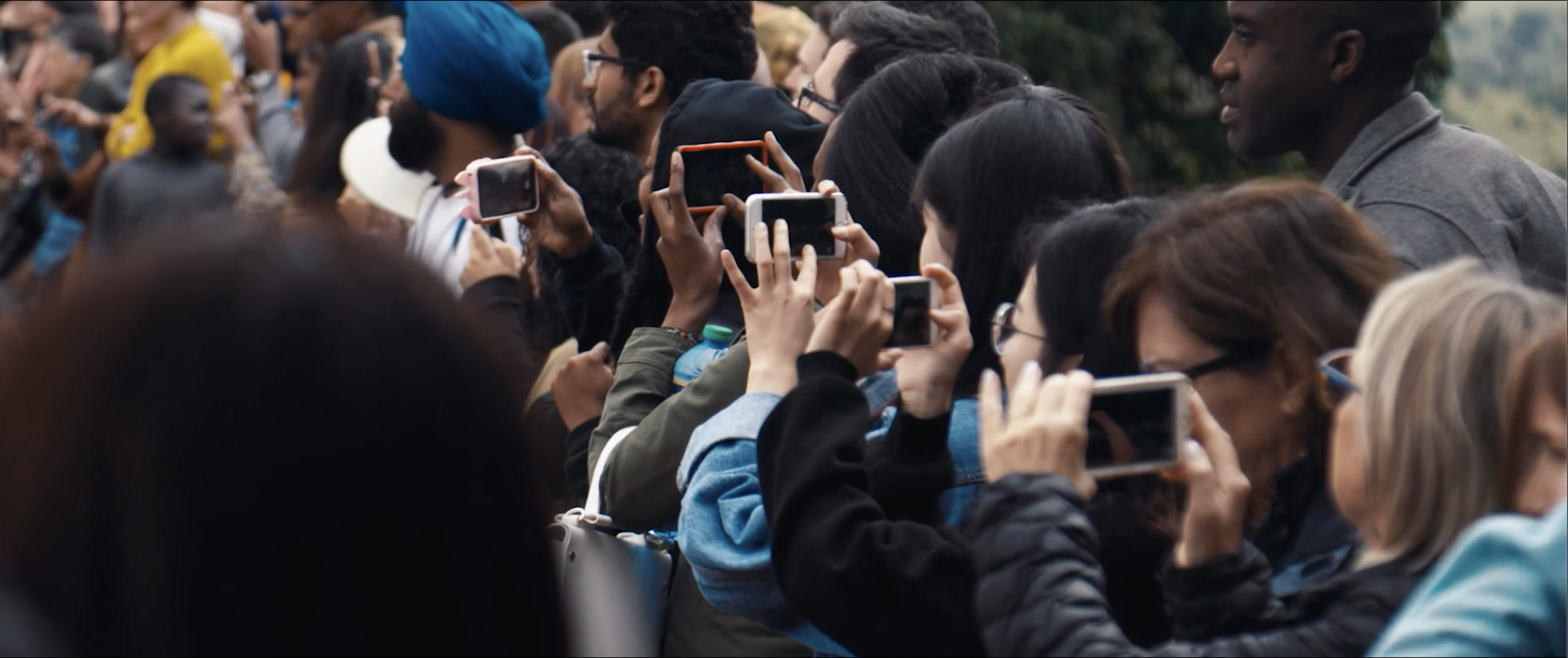The Last Tourist is a film that reveals the negative impact that mass tourism has on the environment, wildlife and vulnerable communities around the globe. But it also sends a message of hope for the future. Jenny Southan reports
Travel is at a tipping point. Tourists are unintentionally destroying the very things they have come to see. Overtourism has magnified its impact on the environment, wildlife, and vulnerable communities around the globe.
Filmed in over 16 countries and guided by the world’s leading tourism and conservation visionaries, The Last Tourist reveals the real conditions and consequences of one of the largest industries worldwide through the forgotten voices of those working in its shadow. The role of the modern tourist is on trial…
This is the premise of G Adventures‘ feature-length documentary The Last Tourist, which first aired in 2021 but is not coming to streaming platforms in the UK and Ireland. Although it has been commissioned by a travel company, it is a travel company that wants to do better.  Pulling back the curtain on the travel and tourism industry, The Last Tourist, addresses the impact of mass tourism on local communities, wildlife and the environment, and is now available to watch from on platforms including Amazon, Sky, Vubiquity and Rakuten. It is also currently playing on Delta Airlines and Emirates Airlines.
Pulling back the curtain on the travel and tourism industry, The Last Tourist, addresses the impact of mass tourism on local communities, wildlife and the environment, and is now available to watch from on platforms including Amazon, Sky, Vubiquity and Rakuten. It is also currently playing on Delta Airlines and Emirates Airlines.
Having already earned a number of awards globally, the film brings together a number of first-hand stories to highlight the often well-intentioned, but harmful, practices many tourism experiences support.

“The Last Tourist demonstrates what a dire state the industry was in pre-pandemic and as travellers book their summer holidays it offers tangible ways they can have a positive impact while they are away,” says Bruce Poon Tip, executive producer and founder of community tourism pioneer and adventure operator, G Adventures. “Ultimately, The Last Tourist documentary is a message of hope. The travel industry has the power to be truly transformational and the main takeaway is the realisation that travel is a privilege, not a right. Only a tiny percentage of the world’s population have the privilege to travel and with that privilege comes responsibility.
“Ultimately, The Last Tourist documentary is a message of hope. The travel industry has the power to be truly transformational and the main takeaway is the realisation that travel is a privilege, not a right. Only a tiny percentage of the world’s population have the privilege to travel and with that privilege comes responsibility.
“We all have the power to drive change through the choices we make and where we choose to spend our money. The travel industry caters to demand and if the demand from travellers shifts towards more conscious and responsible experiences then the industry will respond.
“We don’t bring anything to viewers that they didn’t already know – we all know elephants shouldn’t kick balls and monkeys aren’t meant to ride bikes. When we are confronted with the images of these practices, it forces people to stop and to really think about what happens behind the scenes to make these scenes possible,” says Poon Tip.
Directed and written by Tyson Sadler, the documentary includes expert insights from leading travel and tourism visionaries including Dr Jane Goodall (Jane Goodall Institute, United Nations Messenger of Peace), Lek Chailert (Save Elephant Foundation), Gary Knell (National Geographic), Meenu Vadera (Sakha Cabs For Women) and Melissa Matlow (World Animal Protection).
Amassing more than 400 hours of footage during filming across 16 countries, The Last Tourist empowers audiences with the knowledge and inspiration to make a positive impact – and to fundamentally change the way they travel – by examining the history of modern tourism and revealing its consequences.
The documentary explores alarming issues such as animals suffering for entertainment, orphaned children exploited for profit, and developing economies strained under the weight of foreign-owned hotel chains.
